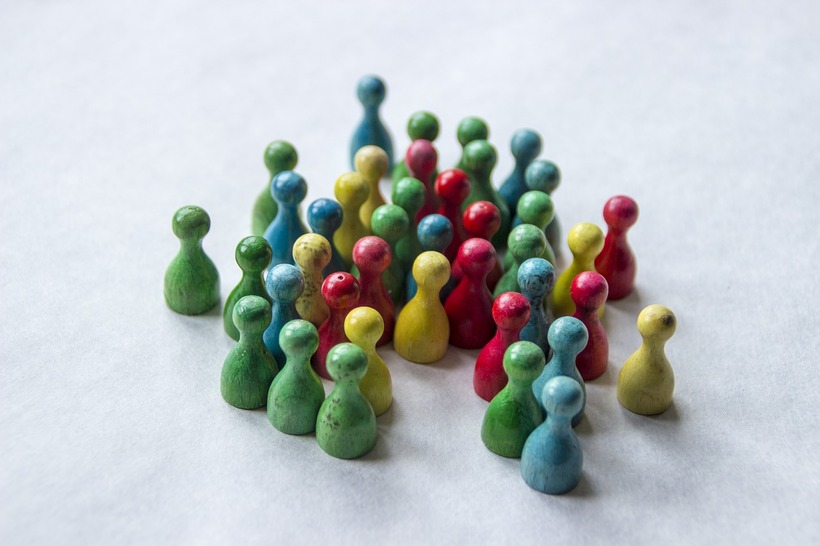Mobilising and organising for a better future
Fran Hicks draws on her experiences of working with Extinction Rebellion and Citizens UK to look at the differences between mobilising and organising when taking action, and explores how Quakers can successfully embody both approaches.

I recently attended one of the spiritual preparation for COP26 sessions and was encouraged to hear Quakers in Britain's Activism Support Coordinator Oonagh Ryder describe the difference between 'mobilising' and 'organising'.
This is something that has engaged me for some time now, being involved in both Extinction Rebellion (XR) and Citizens UK: XR representing an example of mobilising and Citizens of organising.
Reading the book This is an uprising by Engler and Engler helped me to understand the complementarity of these two forms of social change making.
Drawing attention
Engler and Engler define a key element of mobilising as being able to swiftly draw attention to an issue by mobilising large numbers of people. This mobilisation creates sufficient energy to challenge established power and possibly to effect significant changes (e.g. to topple leaders, or to demand a National Citizens Climate Assembly).
However what these mobilisations often fail to do, is follow up the initial win with the deeper structural changes needed. This is where organising comes in.
Change for the long term
Organising works through deeply-rooted organisations with established ways of working and structures that help embed change for the long haul. It uses ongoing negotiations that create incremental change: the drip drip approach to wearing down the mountain rather than volcanic action.
It seems to me that Quakers represent both dimensions. We also demonstrate a willingness to work with and learn from others, which is both enriching and effective. I can see this in how Quakers where I live in West Somerset have engaged with XR and Citizens UK.
Protests and advocacy
Starting with mobilising, there are a few Friends locally who have been involved in XR. Two of us in Taunton have taken part in protests, but we have focused our energy on lobbying and advocacy. This has led to a collaboration with a Friend from Exeter on divesting pensions from fossil fuels.
We have also worked with others (not all XR) to Build Back Better and focus on green jobs by running online workshops and now focus on establishing a Climate Emergency Centre in Taunton in empty retail premises. This summer, we are engaging with the “Summer of Community" initiative of Trust the People. The Summer of Community will involve a series of picnics in the park.
It's a chance for us to engage with each other and with members of the wider community, which we hope will lead to a People's Assembly in the autumn around the issues that matter to folk locally.
Responding to community needs
We complement this mobilisation work with organising. Through Citizens local Friends from Taunton, Minehead, Bridgewater and Spiceland have supported Syrian families from the UK government resettlement scheme.
We also have a growing and strengthening core group of Friends involved in each of Somerset Citizen's active campaigns: housing the homeless; a Street Safety campaign; a fledgling campaign on mental health in young people; and a public transport campaign Fair Fares for young people that has paused during the Covid-19 pandemic.
These campaigns have all grown through large scale listening within the local community and among the member institutions. They include those with lived experience at their core.
I'm reminded that the challenges we face are enormous but that action is energising, especially when working with others. To me, building community is the crucial antidote to consumerism, individualism and populism. It's about moving from 'What is' to 'What if?'.